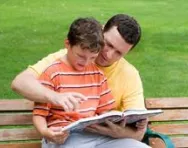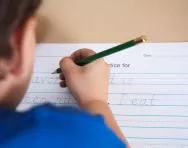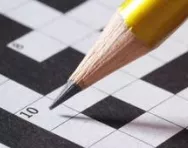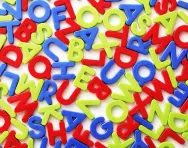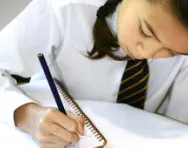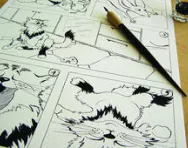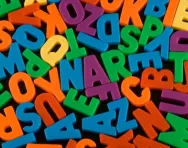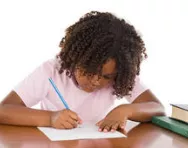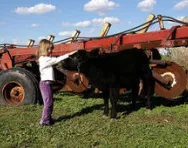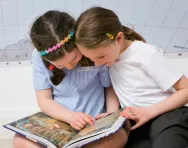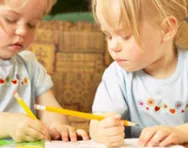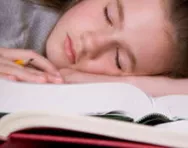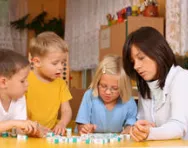Develop your child's literacy skills in the early years
Supporting kids’ literacy skills at home is a key factor in helping them to become accomplished readers with broad vocabularies. Get started today!
Writing practice: how to help your struggling child
Is your child’s handwriting a cause for concern? Help them to improve it with these simple activities.
Expert spelling tips for KS1 and KS2
Tutor and author of the best-selling Spelling Made Magic, Clare Winstanley, shares her practical tips and clever tricks to make spelling practice fun for KS1 and KS2 children.
9 spelling strategies from real parents
Helping your child master spelling starts in Reception and continues throughout the primary years. Lucy Dimbylow asked real parents for their top tips on making learning spellings fun.
Top 5 grammar mistakes sorted
Are you confident in helping your child to master grammar? Jackie Cosh explains the basic rules you need to know.
Good grammar made easy
Good grammar isn't just for English lessons – it's a vital skill that will take your child through their educational journey and their life. It's not hard once you know the rules, says Jackie Cosh.
Storytelling ideas for Key Stage 2
Stimulate your child's storytelling skills with these unusual literacy activities.
Homework tips for children with dyslexia
The British Dyslexia Association shares tips to help make doing homework a calm and productive process for your dyslexic child.
Roald Dahl Day: five ways to celebrate
While there’s always a reason to enjoy and celebrate the amazing books that Roald Dahl wrote, make a special effort on Roald Dahl Day to organise phizz-whizzingly brilliant activities and scrumdiddlyumptious treats!
What are high frequency words?
As your child learns to read and spell they’re likely to bring home lists of words. Moira Holden looks at ways in which you can reinforce the learning of high frequency words at home.
Childhood dyspraxia explained
Your guide to what dyspraxia is and how you can support a dyspraxic child at home.
How to strengthen your child's coordination skills
Handwriting, buttoning, drawing or using a knife and fork… your child’s hands can perform the most amazing array of tasks. We take a look at how you can support the development of your child's movement skills.
Dyslexia: strengths, advantages and opportunities
While dyslexic children can have learning difficulties they can also be very gifted in certain areas. Find out how to create a positive and constructive learning experience for your dyslexic child with our top advice.
Inspire your child to write poetry
Encouraging your child to pick up a pen and try writing some poetry can help them become more emotionally literate and improve their confidence. We have some top children's poetry tips.
Learning English and maths outdoors
The great outdoors is a place where learning can take diverse shapes and forms. We take a look at how you can use it to strengthen your child’s literacy and numeracy skills.
Why it’s important to make time for reading
Reading with your child is a valuable part of their learning, and your relationship, but how do you make the time in busy family life?
Top tips to help your dyslexic child enjoy reading
Reading might be difficult for some dyslexic children, but that doesn’t mean they can’t enjoy it. We have tips to help you inspire them to love books.
How storytelling can boost learning
As a tool for developing speaking skills, literacy and bonding between parent and child, storytelling is unsurpassed. Phoebe Doyle investigates why it’s so beneficial.
Learning literacy at home
The everyday world provides a wealth of learning opportunities to get your child using their literacy skills outside school. Try these top tips to get your child writing and reading at home.
SATs revision: your KS2 SATs English helper
Boost your child's confidence before the Y6 English assessments with these handy tips and literacy activities that you and your child can work on together.
SATs advice: spelling strategies
During their time in primary school children learn to spell words accurately by a combination of approaches. Help boost your child's spelling confidence for SATs success with our strategies and suggestions.
